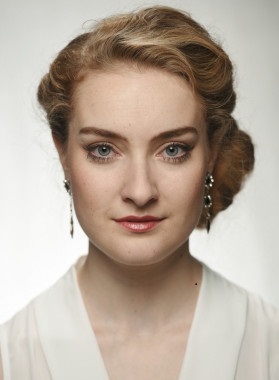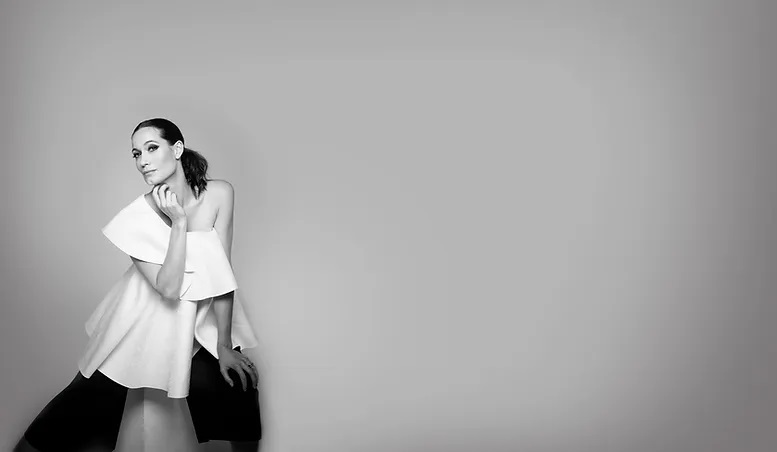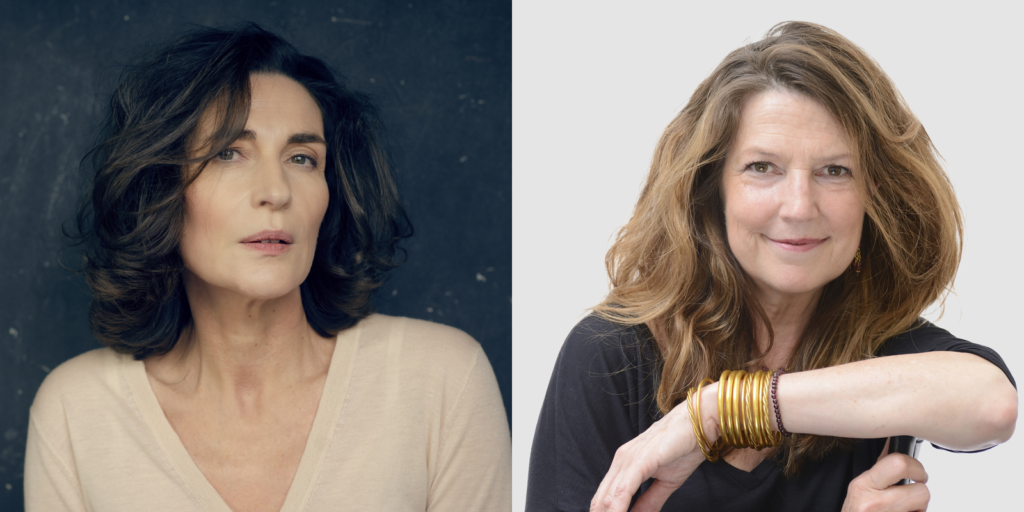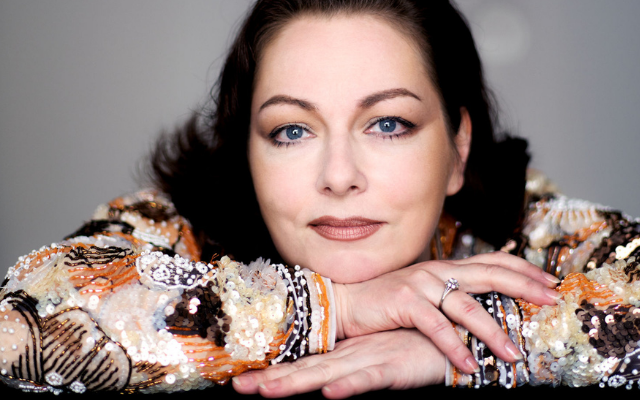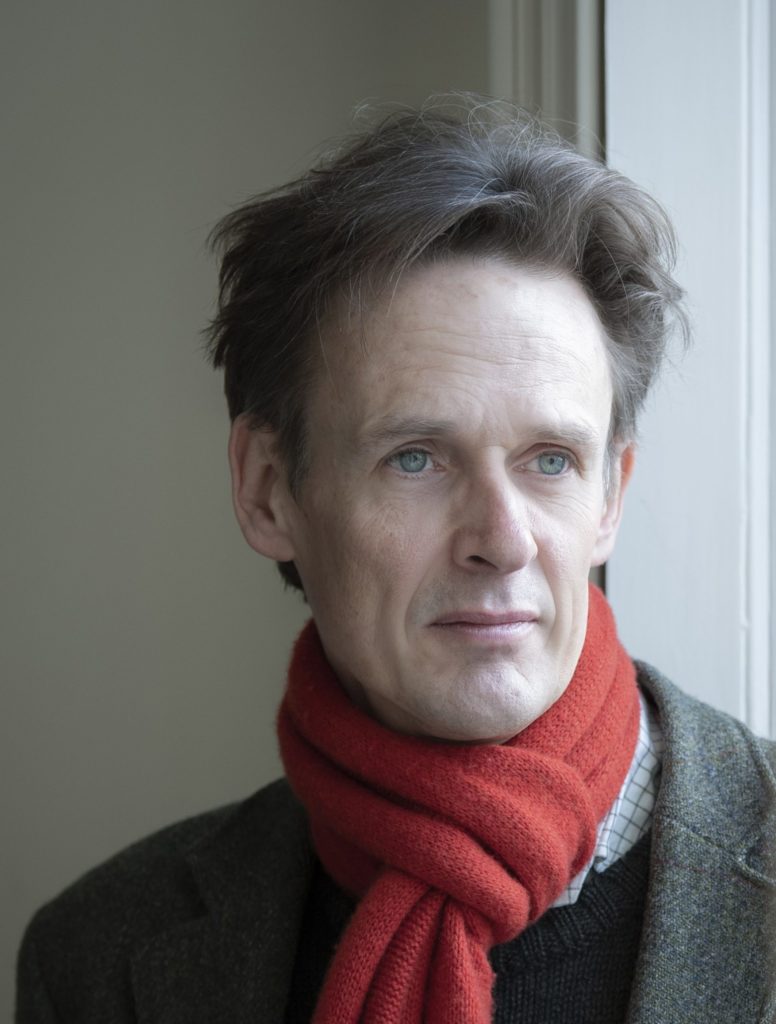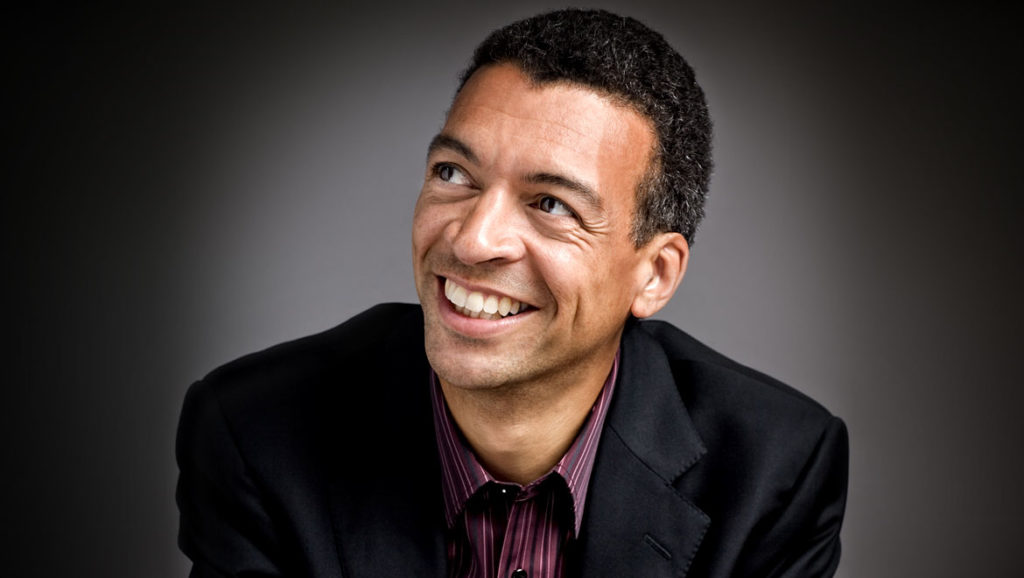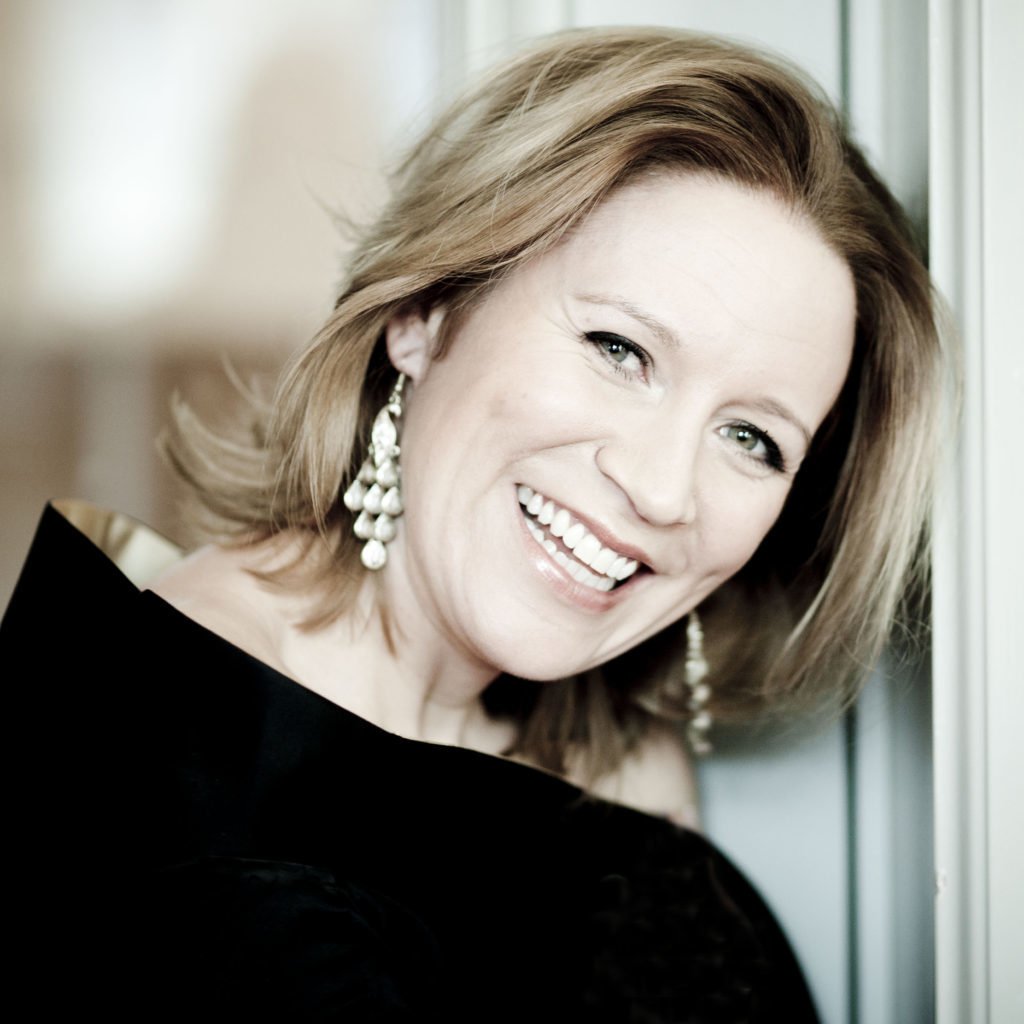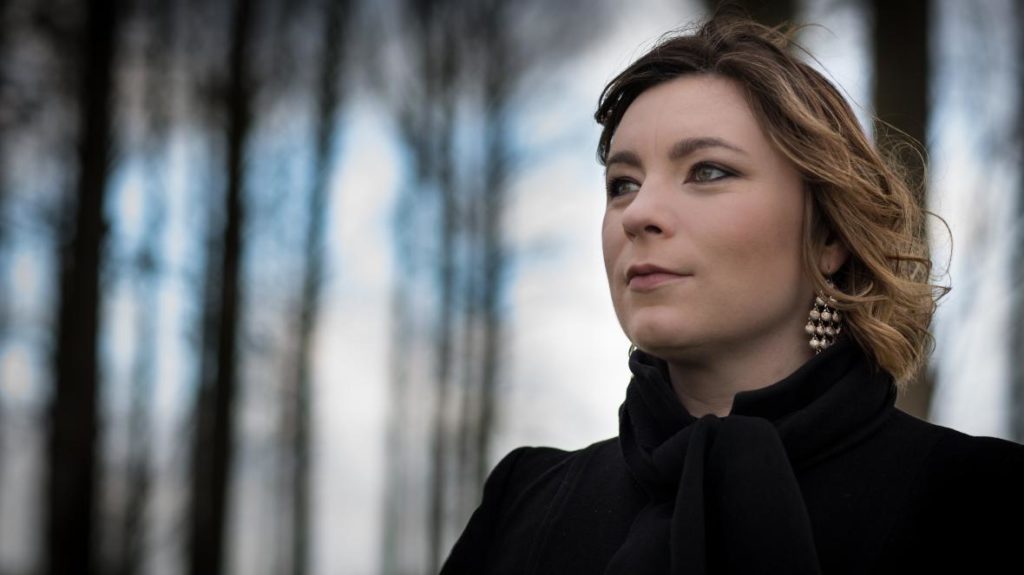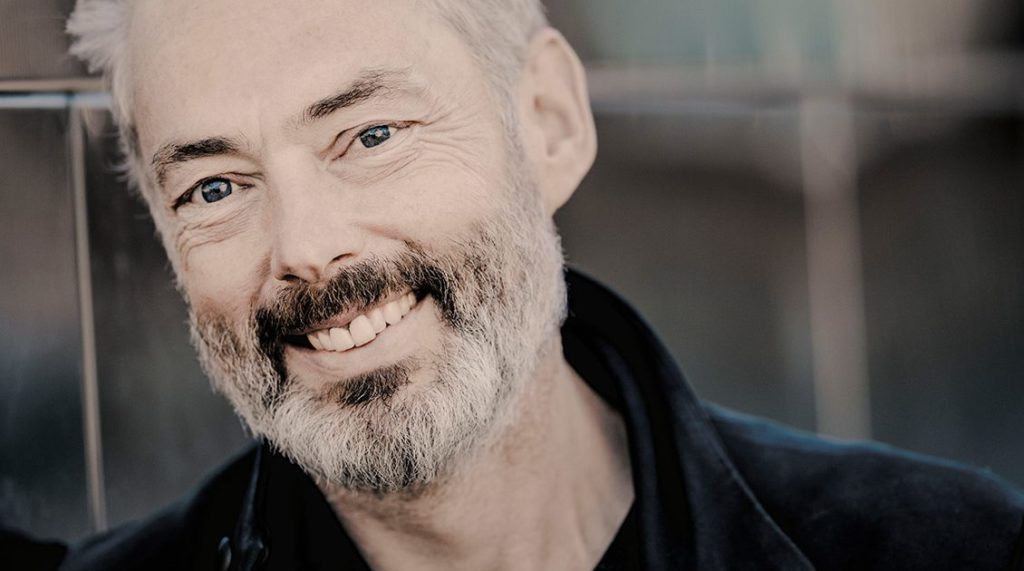
Leeds Lieder Festival 2024: Ema Nikolovska/Joseph Middleton, Howard Assembly Room, Leeds Grand Theatre, April 20
MACEDONIAN-CANADIAN mezzo soprano Ema Nikolovska, partnered by festival director Joseph Middleton, brought a delightful potpourri to her evening recital, in which they teamed Schubert and Debussy with rarities by Margaret Bonds and Nicolas Slonimsky alongside the premiere of a festival commission by Tansy Davies.
Nikolovska’s clean, nicely focused tone is allied to a lively personality that illuminates the poetryof her songs. There was a freshness to her opening Schubert group, not least in Im Frühling (In Spring).
After its penultimate verse, there was a pronounced rallentando and a long pause before she resumed. Not so long ago that would have been considered unstylish, but she made it seem natural. One could only admire, too, her treatment of the dramatic scena Der Unglückliche (The Forlorn One), a poem from Karoline Pichler’s novel Olivier. It has been called pastiche, but Nikolovska handled its emotional roller-coaster with immense conviction.
In answer to a commission from Leeds Lieder, celebrating its 20th anniversary, Tansy Davies chose to set Nick Drake’s The Ice Core Sample Says, taken from his collection The Farewell Glacier, about climate change. The poem deals memorably with the “chronicle of lost time” revealed in an ice core, with an overarching nostalgia in what is essentially a lament over mankind’s mistreatment of our planet.
Davies’s response is unexpected. Against an accompaniment that explores the extremes of the keyboard, she takes the voice slowly from very low to very high in each of a series of phrases. Later in the piece, which lasts about eight minutes, the vocal line becomes very jagged, as the narrator shows agitation at the shocking revelations coming from the ice.
Great demands are made upon the singer here, in what is essentially an instrumental line, quite the opposite of cantabile. Nikolovska was equal to them all, indeed she gave the impression of being comfortable.
Towards the end she also shakes something like maracas, as “Now the great narrator Silence takes over”. This powerful poem, replete with images, which was commendably read out beforehand, is arguably too complex for vocal setting. But Davies and Drake between them certainly made an impact.
The American composer Margaret Bonds (1913-1972) was a new name to me. Although a pianist, the bulk of her works were for solo voice; several of her spirituals were commissioned and sung by Leontyne Price. Her early Songs Of The Seasons (1935-6), settings of her favoured poet Langston Hughes, proved a delightful antidote to the Davies work, and elicited considerable virtuosity from Middleton.
Thereafter we were on more familiar ground. Debussy’s six Verlaine settings, Ariettes Oubliées, which really put him on the mélodie map, found her in idiomatic vein. She sustained a pleasing legato through Il Pleure dans Mon Cœur against the rippling piano, and ideally evoked the ennui of Spleen.
But in two Medtner songs in Rachmaninov style – Twilight with its flavour of a bar-room ballad and the sweeping lines of Sleeplessness – she showed plenty of heft.
A return to wry delicacy was the order of the day in Slonimsky’s Five Advertising Songs, commercial jingles by any other name, but with a few extra twists. This was immaculate caricature, from ‘falling asleep’ with pillowcases to grand sweeping lines for toothpaste. Nikolovska has a great sense of humour and proved it here. She topped it all off, however, with a touching Macedonian folk-song encore, which came right from the heart.
Review by Martin Dreyer

